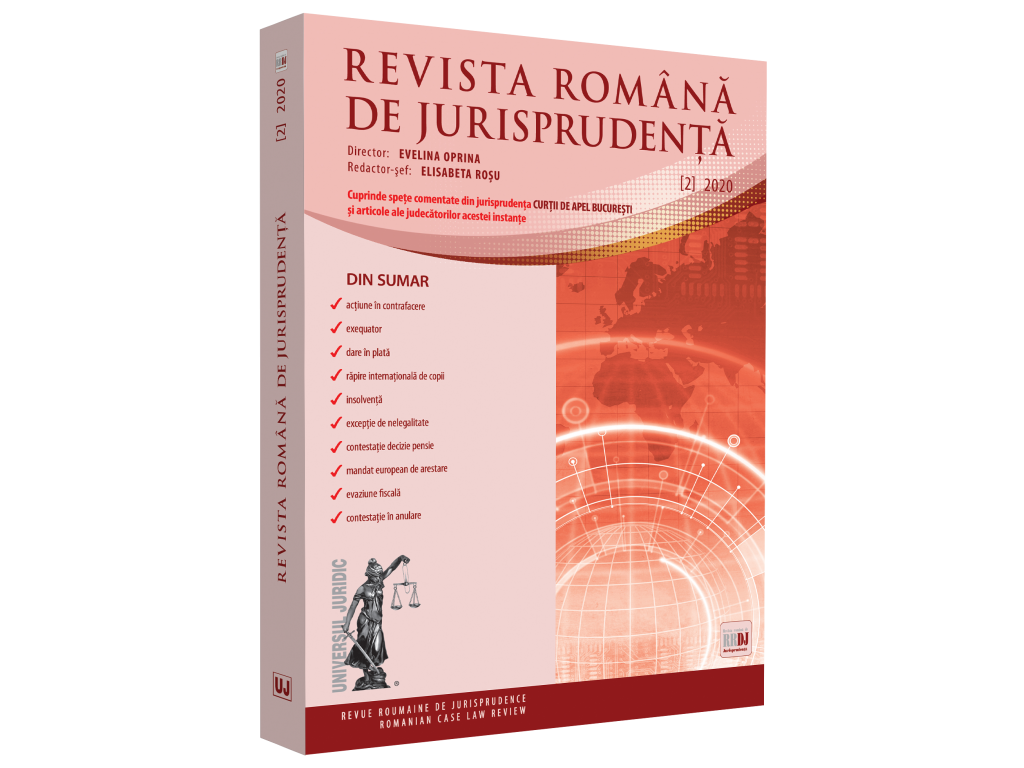Challenge against the decision on disciplinary penalty. Absolute nullity. The formal requirement consisting in the description of the offense representing misconduct
DREPTUL MUNCII ȘI DREPTUL SECURITĂȚII SOCIALE
Abstract
The description of the offense representing misconduct should be made in a concrete and accurate manner, as it is necessary to be as accurate and comprehensive as possible in disciplinary matter, in order to be able to consider the serious nature of the employee’s culpable conduct and which resulted in his disciplinary sanctioning, in this case by terminating his individual employment agreement. The offense deemed as misconduct, as occurrence in the objective, social reality, supposes its identification and by reference to the date on which it was committed, it is also necessary an individualization of such misconduct over time, as acknowledged in the case-law in this matter, the argument being the need for ensuring the employee’s right to defence, as well as the possibility of examining the observance of the time limit to apply the penalty, as well as of its merits within the challenge against the sanctioning decision. The offenses cannot be implied from the proceedings or hearings underpinning the decision by which it was acknowledged that the disciplinary offense was committed by the employee, as the condition of description of the offense in a concrete and detailed manner is imperiously set forth by law in disciplinary matter and should result from the sanctioning decision, and not from other documents and/or subsequent allegations of the employer/certain third parties.








